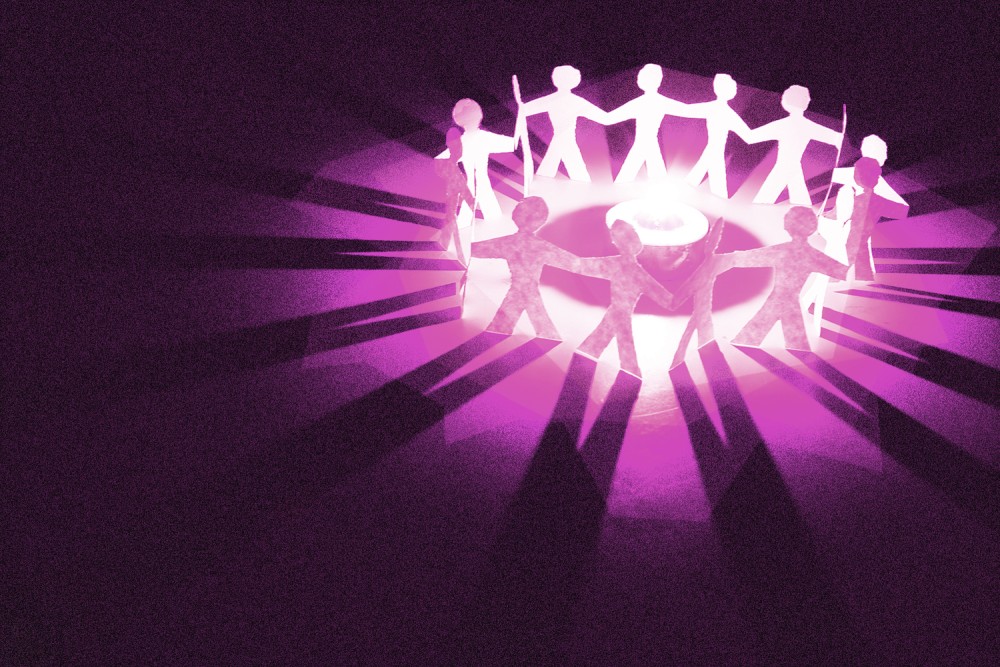The privilege of ministry
Demoralization among clergy is high—and with good reason. But we need another narrative besides burnout.

Source illustration by giac / iStock / Getty
I’d hate to venture a guess as to how many pages in the century have been devoted to the topic of clergy burnout in recent decades. But we’ve certainly done our part to draw attention to the subject. One cover design (November 18, 2020) featured the words “clergy burnout” depicted with flames. An article in the January 2023 issue bore the stark title, “The clergy are not OK.” We’ve also covered the self-care industry that has sprung up around dispirited pastors and others.
I know the level of demoralization in some clergy circles is high—and with good reason. Pastors often witness extensive human suffering and bear the emotional stress of its impact. Some congregations have a peculiar habit of disrespecting and underpaying talent. The pandemic brutalized practically every form of communal life we consider precious. Managing institutional decline isn’t fun. And for way too many women, people of color, and LGBTQ people, the absence of valuable support structures and the presence of painful discrimination are disheartening and, at times, disgusting.
Congregational ministry is demanding. I know this firsthand, having given this calling everything I had for 39 years. Conversing through tears at the bedsides of hundreds of dying friends. Showing up at murder scenes, fatal car crash sites, and households reeling from suicide. Shepherding a few parishioners who enjoyed tearing at the fabric of the congregation and undermining my leadership. Speaking hard truth to individuals in wretchedly difficult personal situations. Letting staff colleagues go who weren’t a good fit. Navigating lonely moments. Loving people who were more fascinated by politics than by faith. Enduring more 16-hour days than I can calculate.





